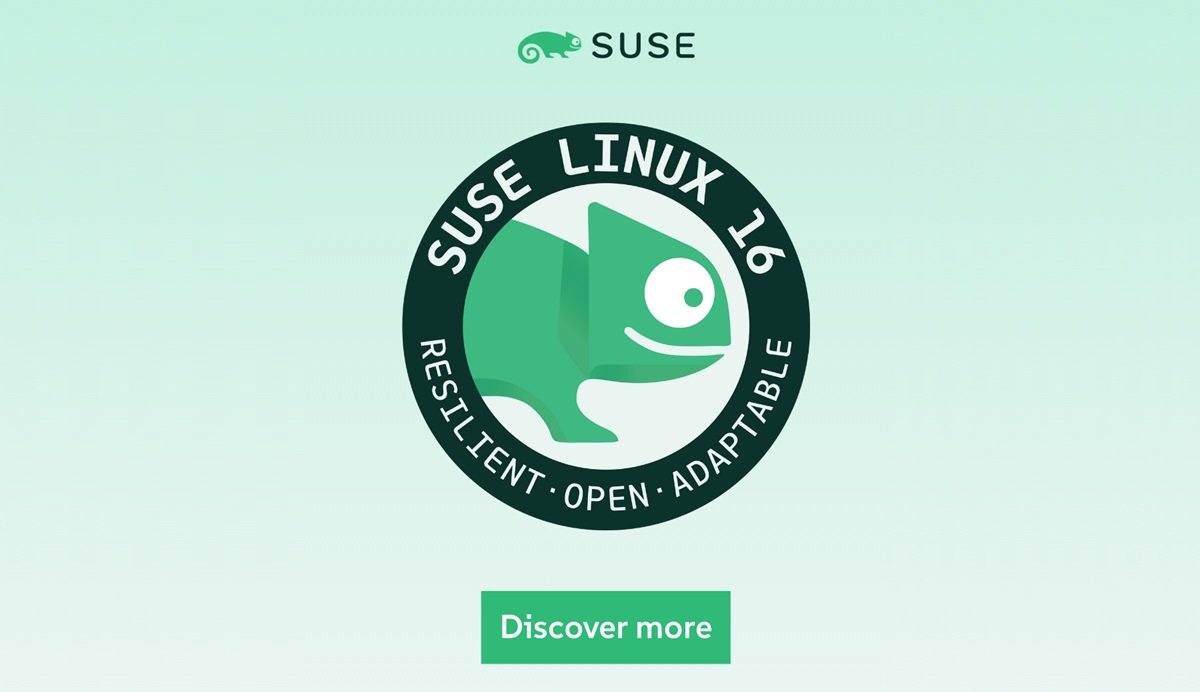SUSE announced SLES 16, the industry’s first enterprise Linux integrating agentic AI, offering deeper insights, automation, and faster time to market for mission-critical applications.
SLES 16 introduces agentic AI, with an implementation of the Model Context Protocol (MCP) standard. The SUSE Linux agentic AI implementation gives enterprises a secure, extensible way to connect AI models with external tools and data sources, while preserving freedom to choose and extend their preferred AI providers without lock-in. It provides a resilient and secure foundation, combining long-term lifecycle guarantees and enterprise-grade automation.
“Today, every CIO and CTO needs to leverage AI to get more out of existing infrastructure, and this cannot come at the cost of being locked into a single ecosystem,” said Rick Spencer, GM of Business Critical Linux at SUSE. “Using AI with SUSE Linux Enterprise Server 16, IT leaders can drive operational efficiency without having to hire new teams or build a custom toolchain. SUSE is the first to deliver a built-in, open and extensible AI infrastructure directly within an enterprise Operating System (OS). This, combined with our historic commitment to security and compliance and an industry leading 16-year lifecycle, makes SUSE Linux Enterprise Server 16 the first enterprise Linux that solves for both immediate innovation and long-term stability.”
SUSE Linux Enterprise Server (SLES) The First AI-Ready Linux for Agentic AI
SLES 16 introduces a framework for embedding intelligence directly into the OS.
- Integrated Agentic AI and MCP: SLES 16 implements the MCP (Model Context Protocol) standard and provides MCP host and server components, as tech preview, to seamlessly integrate AI operations. It enables AI-powered local administration through the simplified, browser-based interface Cockpit web console, the default configuration management tool for SLES 16, and the command line, reducing operational overhead.
- Bridge to any LLM: The platform connects to any Large Language Model (LLM) provider.
- Future-Ready Architecture: The SUSE Linux agentic AI implementation uses an extensible, standards-based architecture ready for the next generation of agentic AI.
Additional Features
- A Predictable, Simpler and Longer Lifecycle: One of the longest support timeframes in the market, a 16 year total lifecycle, backs the SLES 16 codestream. This makes it the first and only enterprise Linux with a support commitment that makes it post-2038 ready, guaranteeing support after that critical date without requiring disruptive upgrades.
- Instant Rollback: Administrators can instantly roll back nearly any modification, from a system upgrade, a software patch, to a single configuration edit. Now enabled by default in cloud images, this provides a surgical, OS-level recovery option that is far faster and more granular than traditional VM-level snapshots.
- Reproducible Builds: SLES 16 is the first Enterprise Linux distribution built with reproducible builds, giving customers the unprecedented ability to independently verify and even rebuild their enterprise Linux distribution from source while remaining fully supported by SUSE. This ultimate level of transparency and control, combined with Software Bills of Materials (SBOMs), is part of a development process evaluated for the highest security certifications (EAL4+) in the Linux market.
- Reduced Skills Gap: The mainstream components in SLES 16 shrinks the skills gap when moving from other distributions. ·
Availability
SLES 16, including SUSE Linux agentic AI implementation, is generally available to all SUSE customers and partners starting November 4, 2025. The SUSE Linux product family launches with a suite of tailored solutions to meet specific enterprise needs, ensuring there is an adapted Linux for every workload. This comprehensive launch includes:
- SUSE Linux Enterprise Server for SAP applications 16: Available for mission-critical SAP environments, providing a secure, high-performance foundation optimized for SAP HANA and S/4HANA workloads.
- SUSE Linux Enterprise High Availability Extension 16: Designed to ensure maximum business continuity, this extension provides automated failover and clustering to protect essential services and prevent downtime.
- SUSE Linux Micro 6.2: Perfect for workloads needing a more resilient OS, like edge, embedded and other dispersed deployments, this resilient-by-design, transactional, and immutable OS enables an image-based mode perfect for predictable, automated DevOps at scale.












